The documentary series "Journey to the Dao Region" (specifically the Lao Cai area) explores the unique cultural characteristics preserved by the Dao people through generations, from religious practices and the art of ancestral paintings to the world of shamans and specialized rituals that have now become a distinctive and proud cultural heritage, preserved and promoted over time.
Shaman Chảo Tờ Quẩy in Séo Tòng Sành village, Tòng Sành commune, Bát Xát district, Lào Cai province , slowly opened a refrigerator (not plugged in), which was full of ancient books of the Dao people - a national intangible cultural heritage - that he had preserved for generations, then said: "There are many more, I'm lending them out, I haven't taken them back yet."
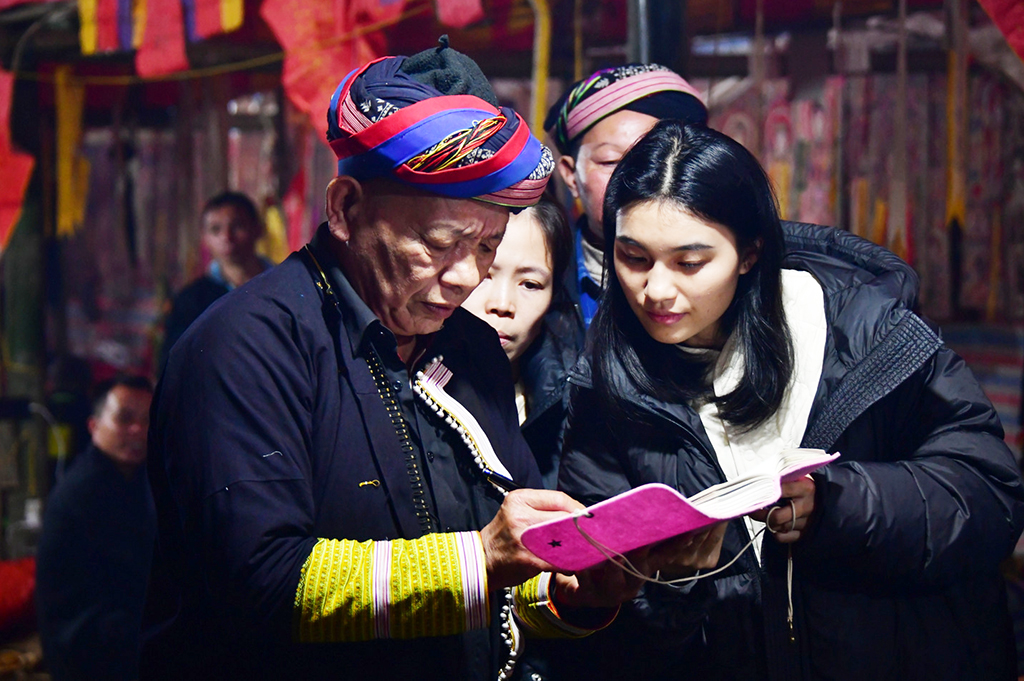
Researcher Khuu Dinh (right) receives answers to his questions from shaman Chao To Quay during the 12-lamp initiation ceremony.
We were fortunate to accompany three researchers specializing in the Dao ethnic group from Hunan Normal University (China), including Professor Zhao Shufeng, a leading "Dao scholar" in China, to learn about the dances and music of the Dao people in Lao Cai.
Professor Thu Phong shared the reason: "I have had the opportunity to conduct in-depth research on the Dao people in many countries around the world, and I have also met and interacted with Dao shamans from Lao Cai at an international conference on Dao songs and rituals held in Japan. However, this is the first time I have come to Vietnam with two researchers, one specializing in music and the other in dance, because the Dao people here possess many valuable documents (ancient paintings, ancient books), call-and-response songs, and dances that we have never encountered during our research in other Dao communities around the world."
The Dao people and their humility.
The meal to welcome guests from afar was prepared by Ms. Chảo Sì Mẩy (Triệu Nhị Muội), wife of shaman Chảo Tờ Quẩy (Triệu Đức Quý), right in their family's hut in Séo Tòng Sành village. In the architecture of Dao houses, besides the main house - where the whole family lives - the Dao people often build an adjacent auxiliary structure called a hut, used as a food storage area, a place to store belongings, and also a place to receive guests. Although called a hut, it is built spaciously and sturdily right on the road connecting the Nội Bài - Lào Cai expressway to Sa Pa.
If you've ever interacted with the Dao community, you'll surely remember the initial feeling of shyness, timidity, and a constant distance. Ms. Duong Thanh, an independent researcher on the Vietnamese Dao people and a member of the World Association for Dao Studies at Kanagawa University, Japan, with over 20 years of experience, explains: "That's the nature of the Dao people; initial interactions are very reserved, measured, and they often hide themselves, especially being humble. I've had many opportunities to work with and interact with highly skilled shamans who are respected and trusted by the Dao community, not only in Vietnam but also in China, where they are often invited to perform rituals. However, when asked about their abilities, they never claim to be skilled, never consider themselves to be in any particular position or rank. They always praise others and, when talking about themselves, gently say that everything they do is taught in books, based solely on what they've learned."
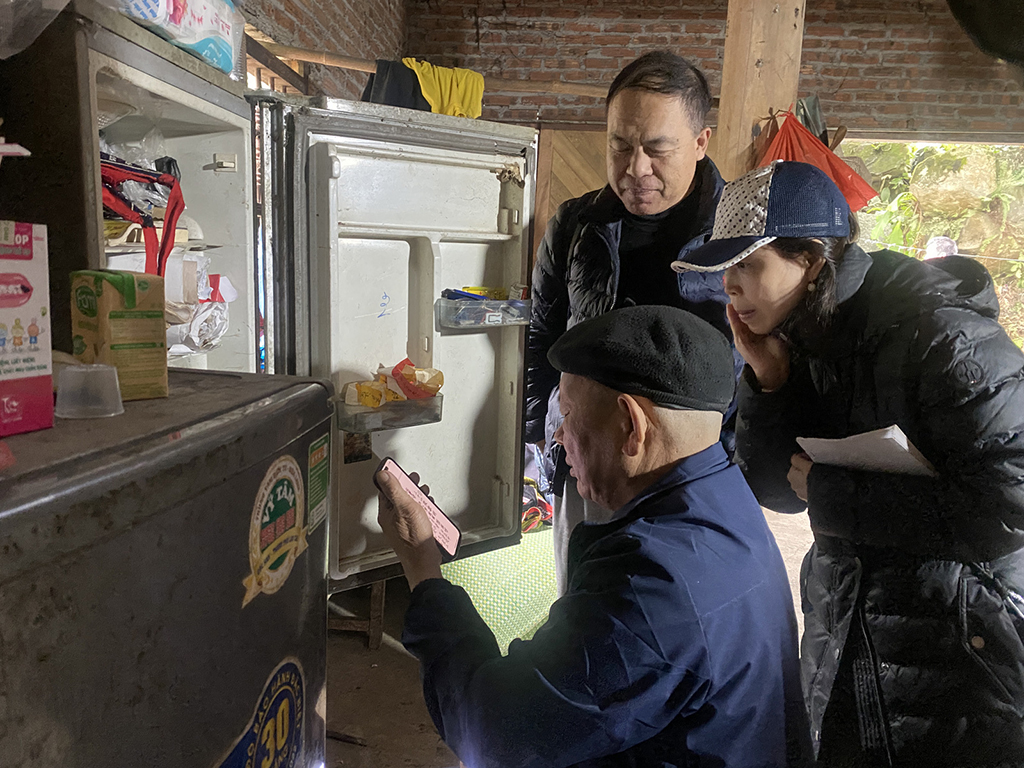
The book collection of shaman Chảo Tờ Quẩy in the refrigerator
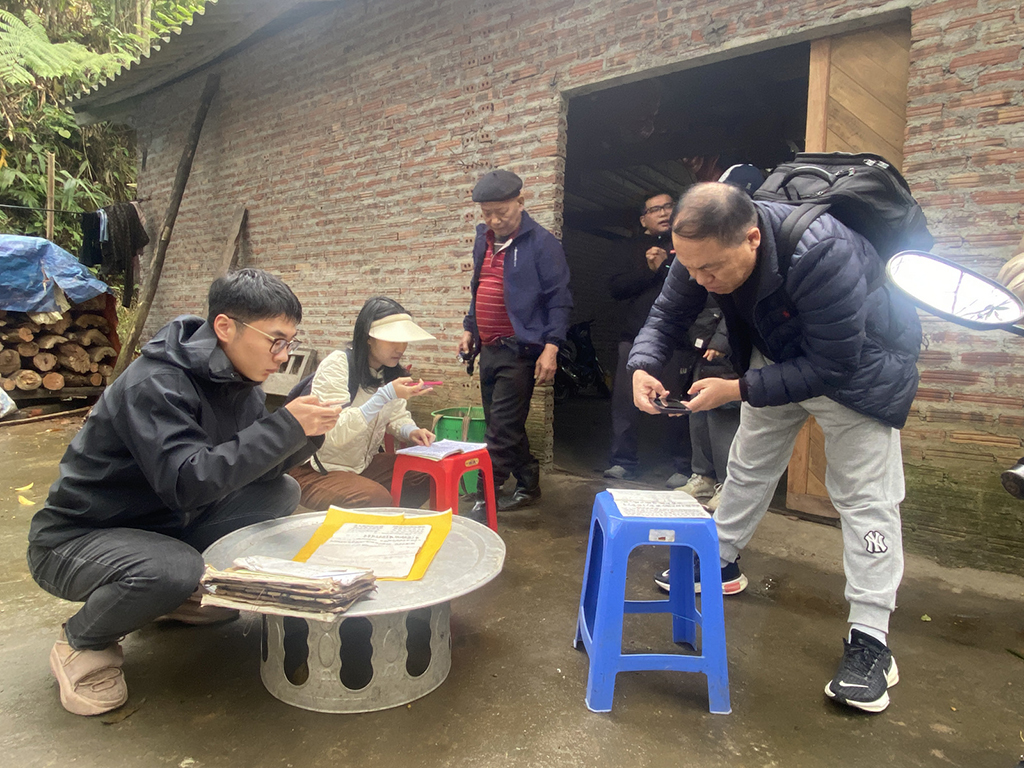
Dao researchers from China were fascinated by the valuable documents of the Dao people in Lao Cai.
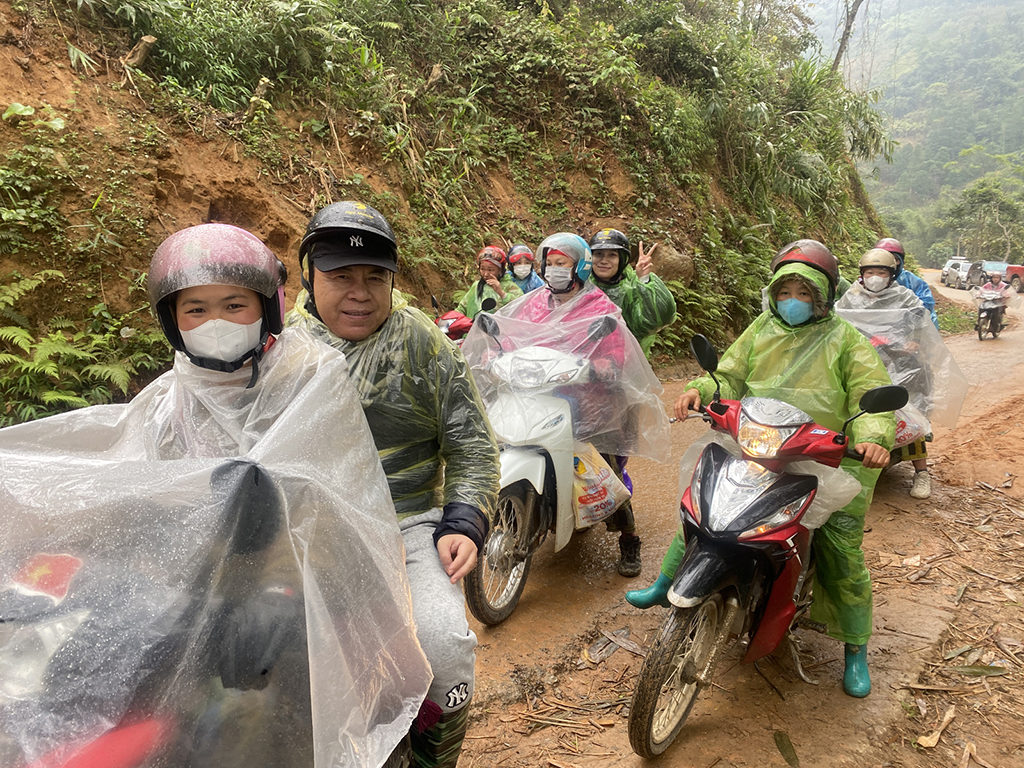
A team of Dao ethnic researchers from China conducted fieldwork in Bat Xat District, Lao Cai Province.
Ancient book collection
Speaking of books, Master Quẩy abandoned his unfinished meal and led the group to the refrigerator in the corner of the house, opening it to reveal a place full of books. At first glance, everyone chuckled at this unique "storehouse," but then they understood that in this land of ever-changing mist, creeping into homes even at night, an unplugged refrigerator was the optimal space for Dao shamans to store their generational "secrets," from books on rituals, books on auspicious days and times, books on how to be a good person, how to conduct funerals, books on call-and-response singing, love songs, and books on establishing meditation practices…
In the life of the Dao people, the shaman is a crucial figure; and for the shaman, the library is especially important because as long as there are books, there is culture, identity, and the teachings of their ancestors remain intact. The shaman manages the library, both to continue practicing reading and learning, and to further understand the teachings of their ancestors. The shaman also uses this library to pass on knowledge to their descendants, so that young and old learn to read and write, and when they grow up, they know how to act according to the teachings of their ancestors. Even more importantly, they apply what the books say to their lives, from funeral rituals, weddings, singing, dancing, music, house building, farming, lighting lamps, and thanksgiving ceremonies—all are fully documented in the books.
Besides Professor Thu Phong, the research team included Ly Chinh Hang, an expert in Dao ethnic music, and Khuu Dinh, an expert in Dao ethnic dance. Whenever the three asked a question, Professor Quay would answer, then retrieve the correct book, open it to the right page, and read or sing aloud for the entire team to record and photograph. The team worked so diligently that they forgot to eat, meticulously taking notes and photocopying documents with great enthusiasm and joy. Further conversation revealed that these three researchers are among the very few in China who have chosen the specialized field of Dao ethnic music and dance research. Expert Khuu Dinh shared: "We gained so much new information from Professor Quay's books; this resource is invaluable, helping us to compare and systematize Dao ethnic documents for a more complete understanding."
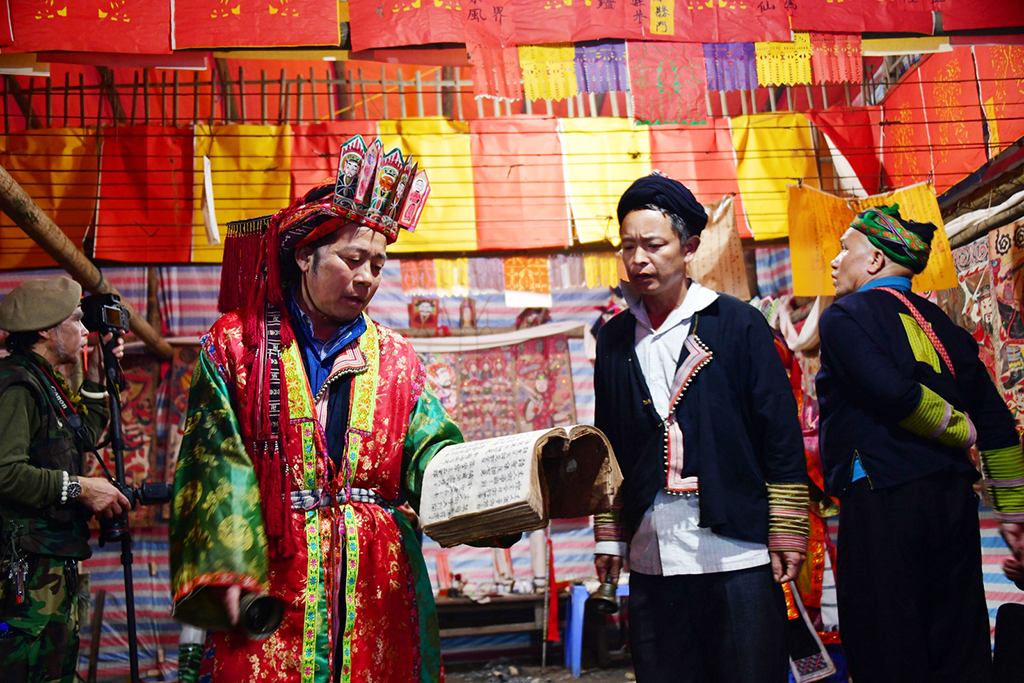
The Dao Nôm script in Lao Cai has been recognized as a National Intangible Cultural Heritage since 2015.
Researcher Duong Thanh, also a resident of Sa Pa, added: "The Dao people value books very much; they base everything they do in life on books. The Dao branch in Sa Pa is also a large branch; for example, the Chao clan of the global Dao people has its eldest brother in Sa Pa, and the Ly clan has its second eldest brother in Sa Pa. Therefore, almost all customs, rituals, and sacrifices of the Dao people here are still preserved in their original form."
The heartwarming meal shared with the Dao people of the mountainous region during our first encounter was a fortunate beginning for us, for it opened up a whole new world of their culture, spirituality, and identity, allowing us to get closer to them and explore. ( to be continued)
Source: https://thanhnien.vn/di-ve-mien-dao-di-san-tu-nhung-kho-sach-doc-dao-185240311173248104.htm






![[Image] Vietnam's colorful journey of innovation](/_next/image?url=https%3A%2F%2Fvphoto.vietnam.vn%2Fthumb%2F1200x675%2Fvietnam%2Fresource%2FIMAGE%2F2025%2F12%2F14%2F1765703036409_image-1.jpeg&w=3840&q=75)

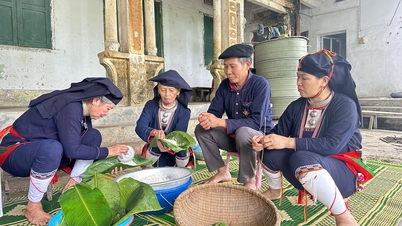

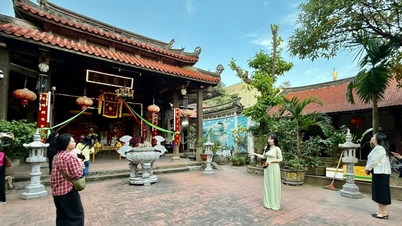




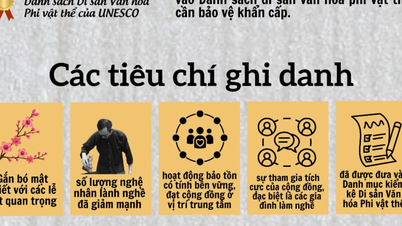



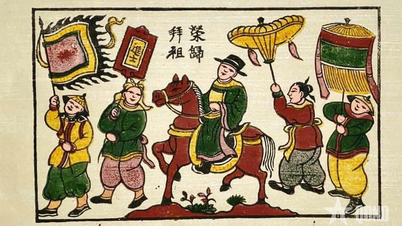

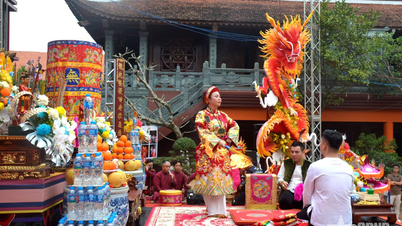













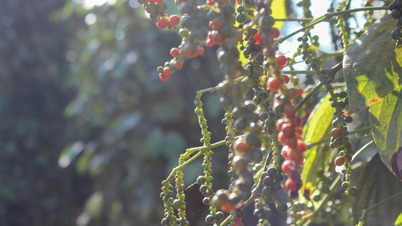


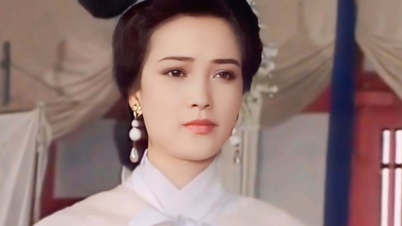


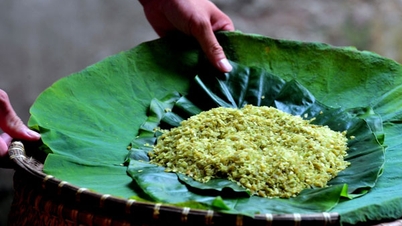



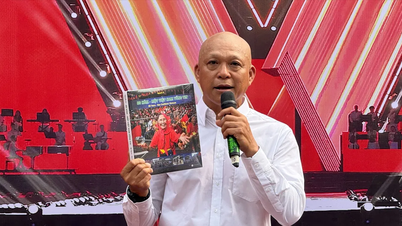
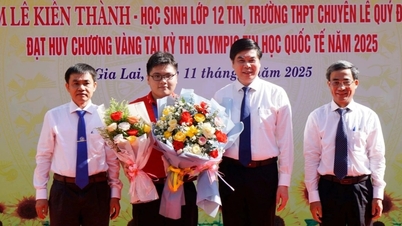







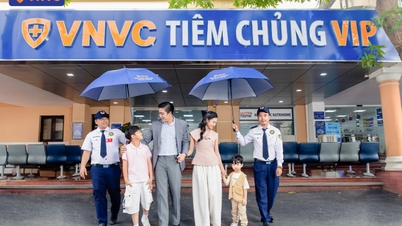










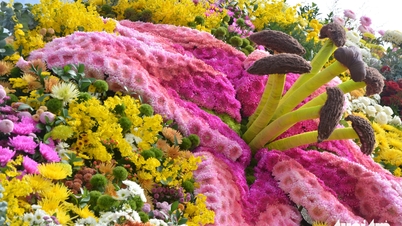


![[Image] Vietnam's colorful journey of innovation](https://vphoto.vietnam.vn/thumb/402x226/vietnam/resource/IMAGE/2025/12/14/1765703036409_image-1.jpeg)
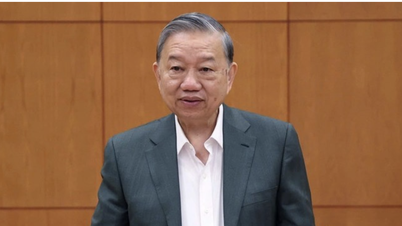






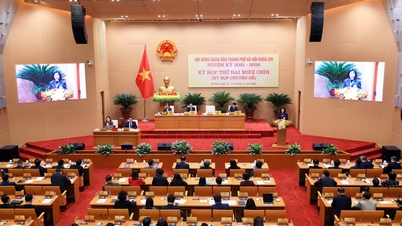








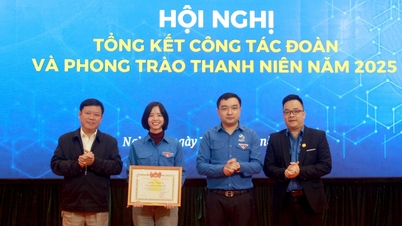




















Comment (0)